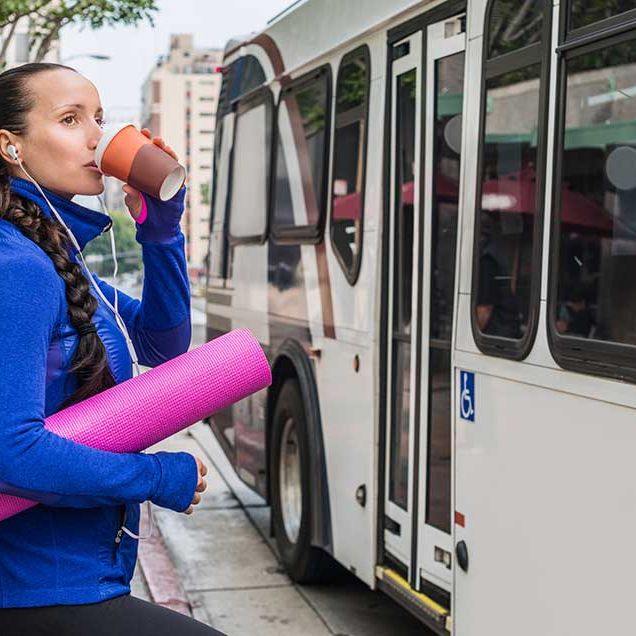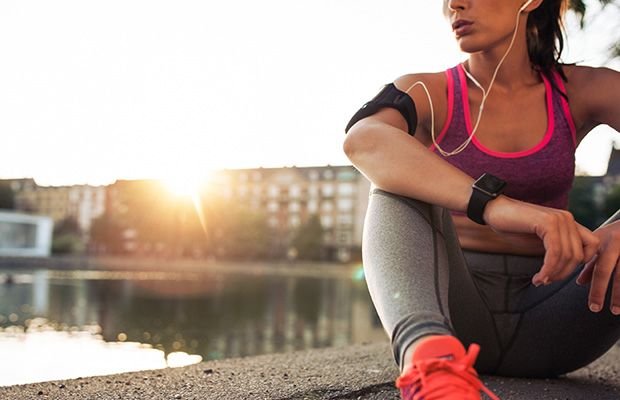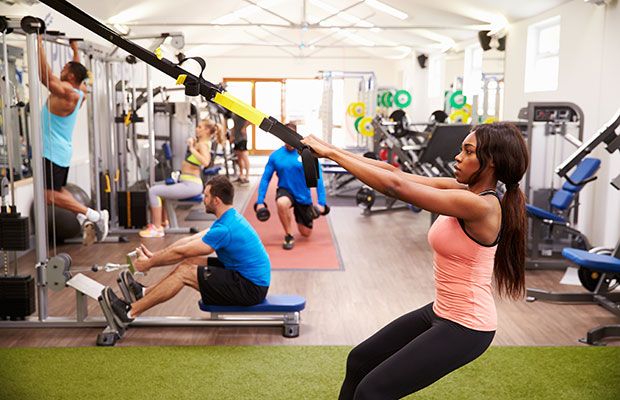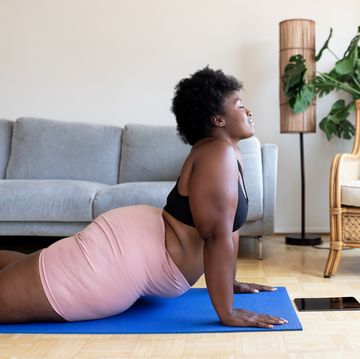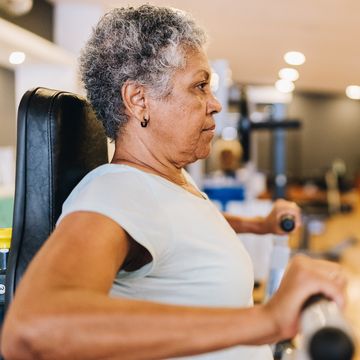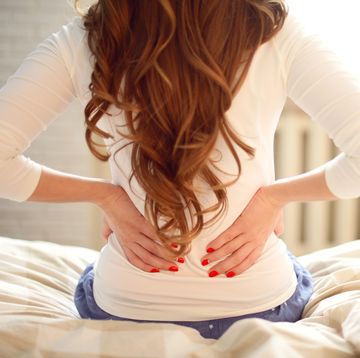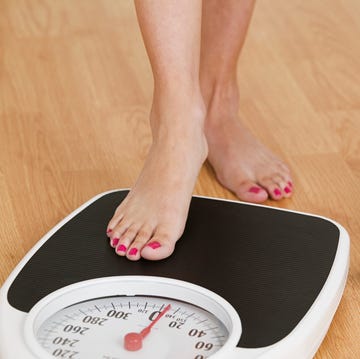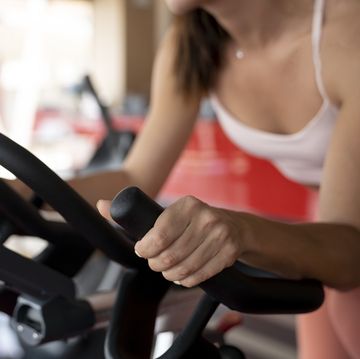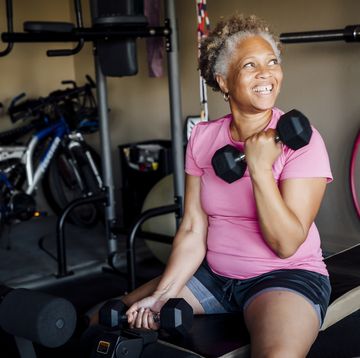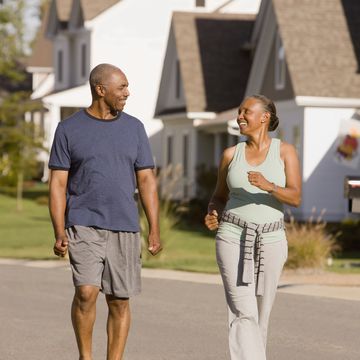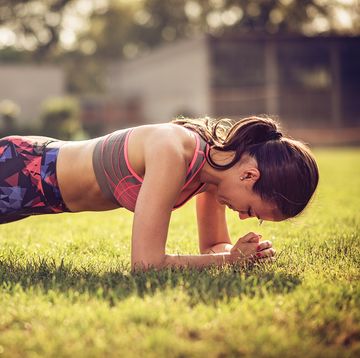As anyone who has slept in her gym clothes, set three alarms on her iPhone, or stashed a pot of coffee under the bed can tell you: Some people are just not natural morning exercisers. And guess what? That's fine! It may seem like dawn is the best time to break a sweat, but there's no reason to fret if you'd rather hit snooze than the gym. "The best time to exercise depends on when you have the most energy and motivation," says Jacque Crockford, ACE Fitness exercise physiologist and education specialist. And science agrees: There are pluses and minuses associated with exercising at every time of day. (Get a flat belly in just 10 minutes a day with our reader-tested exercise plan!)
But once you identify your ideal workout time, it's wise to stick with it. Not only will lacing up your sneaks become rote (like brushing your teeth before bed, your pre-lunch power walk will become second nature the more you do it), but your body is smart: Studies show that once the body becomes accustomed to exercising at a specific time each day, it will start to perform better at that time than any other time of day.
Here, the pros and cons associated with working out during different times of day:
MORE: The No Squats Belly, Butt, and Thighs Workout
Morning
The upside: You'll avoid the postwork crowds at the gym and you'll cross your workout off your list before breakfast. Plus, research shows that morning exercise will curb hunger: One study published in Medicine & Science in Sports & Exercise found that after only 45 minutes of moderate morning exercise, people were left with a reduced appetite, compared with those who broke a sweat later on. (Here are 25 thoughts every early-morning exerciser has.)
The downside: While you sleep, your body temperature drops, leaving you stiff and lacking flexibility in the morning. Since flexibility helps your joints move in their full range of motion during a workout, you may not perform optimally at dawn. And if you've simply never been a morning person, grogginess can lead to a half-focused workout and even injury.
MORE: 6 Simple Moves To Ease Sciatica
Midday
The upside: Depending on your job, lunchtime is a built-in break during the day. And unlike in the evening, there are fewer chances of your workout being derailed—like homework emergencies, last-minute dinner invites, or plain old fatigue after a long day.
The downside: Figuring out when to eat. Heading to the gym on an empty stomach means you won't have enough fuel in your tank for a good cardio session. "Nutrition is key for getting the most out of your workout; if you're under-fueled, you won't perform well," explains Crockford. But eating too big of a meal can quickly put you into a food coma due to the subsequent drop in blood sugar levels, which will also hinder your performance: "If you're over fueled, you'll feel tired and uncomfortable and won't perform well either," says Crockford.
In a perfect world you'd eat a light lunch of grilled chicken and steamed veggies 60 minutes before you work out. A more realistic approach: Snack on peanut butter and banana slices on whole grain toast mid-morning—the protein in the PB will give you sustained energy—then grab lunch after you break a sweat. (Not a PB fan? Check out these best snacks to eat before every type of workout.)
Evening
The upside: The later it is, the higher your body temperature climbs, allowing muscle elasticity and strength to peak. And, as one study published in Chronobiology International found, certain types of testosterone associated with exercise peak later in the day, making it the ideal time for strength training.
The downside: All of those end-of-the-day obligations that crop up can easily derail the best laid plans. And despite research that suggests otherwise, some people really do find it difficult to fall asleep after a workout due to the high levels of adrenaline pumping through their body afterward, says Crockford. She recommends scheduling your nighttime workout directly after work, or around 5:30 PM, to prevent any sleep interference.
